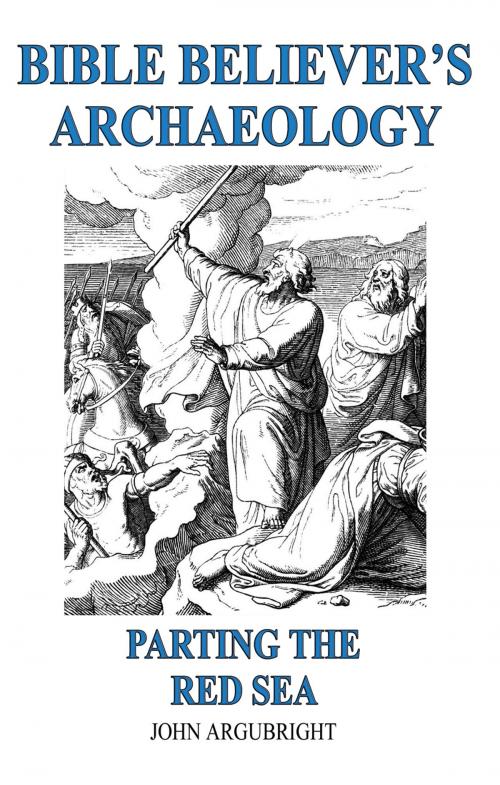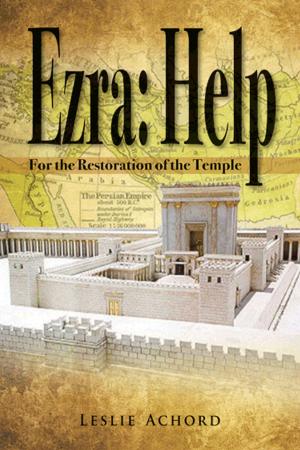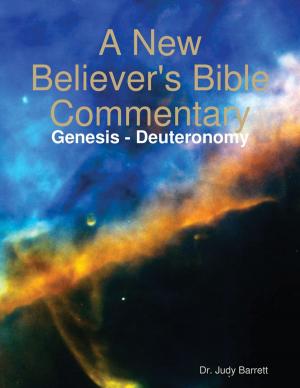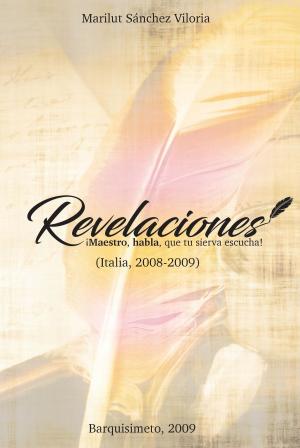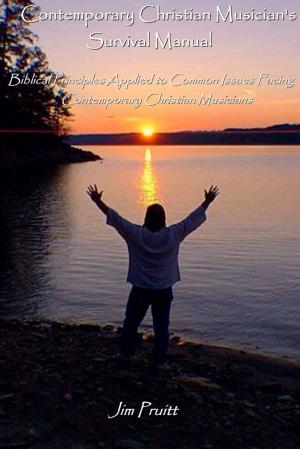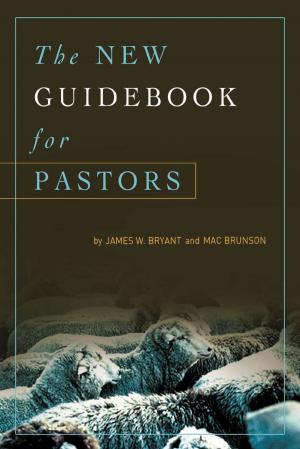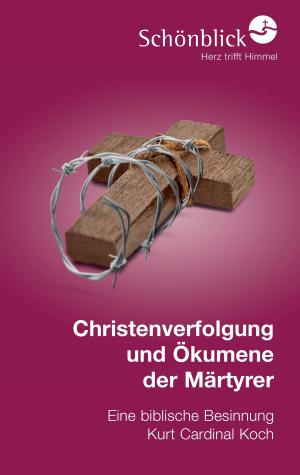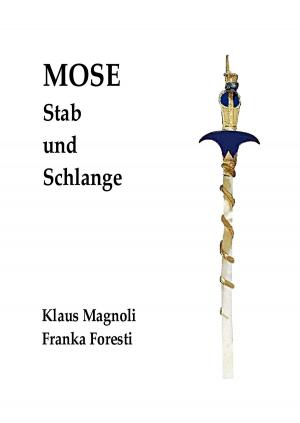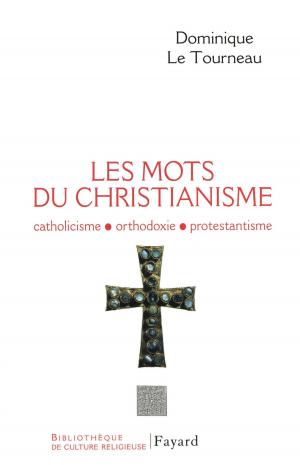Bible Believer's Archaeology - Article -Parting the Red Sea
Evidence for the Parting of the Red Sea
Nonfiction, Religion & Spirituality, Bible & Bible Studies, Old Testament, Study, Bibles, Other Bibles, Christianity, General Christianity| Author: | John Argubright | ISBN: | 1230000360494 |
| Publisher: | John Argubright | Publication: | April 13, 2015 |
| Imprint: | Language: | English |
| Author: | John Argubright |
| ISBN: | 1230000360494 |
| Publisher: | John Argubright |
| Publication: | April 13, 2015 |
| Imprint: | |
| Language: | English |
John Argubright, author of the book series 'Bible Believer's Archaeology,' may have uncovered evidence for the Hebrews hurried exodus from Egypt through the Red Sea.
While translating an artifact known as the Speos Artemidos inscription, which deals with the shepherd people of Avaris, held by many as the Biblical city of Raamses, he realized that past scholars may have mistranslated part of the artifact. He found that the hieroglyphic word 'sh-mamu' listed on the artifact, which is normally translated as 'foreigners,' can also be broken down into two separate words. The first word 'Sha,' meaning a body of water such as a lake or sea, and the second word 'mamu,' meaning runners, typically used in reference to those who ran alongside chariots.
Literally these shepherd people became known as the 'sea runners.' Those who are familiar with the Biblical account know that the Hebrews ran through the parted waters of the Red Sea with the chariots of Pharaoh close on their heels. The inscription also mentions that they overthrew the rule of pharaoh.
Read this article and you will be amazed.
John Argubright, author of the book series 'Bible Believer's Archaeology,' may have uncovered evidence for the Hebrews hurried exodus from Egypt through the Red Sea.
While translating an artifact known as the Speos Artemidos inscription, which deals with the shepherd people of Avaris, held by many as the Biblical city of Raamses, he realized that past scholars may have mistranslated part of the artifact. He found that the hieroglyphic word 'sh-mamu' listed on the artifact, which is normally translated as 'foreigners,' can also be broken down into two separate words. The first word 'Sha,' meaning a body of water such as a lake or sea, and the second word 'mamu,' meaning runners, typically used in reference to those who ran alongside chariots.
Literally these shepherd people became known as the 'sea runners.' Those who are familiar with the Biblical account know that the Hebrews ran through the parted waters of the Red Sea with the chariots of Pharaoh close on their heels. The inscription also mentions that they overthrew the rule of pharaoh.
Read this article and you will be amazed.
